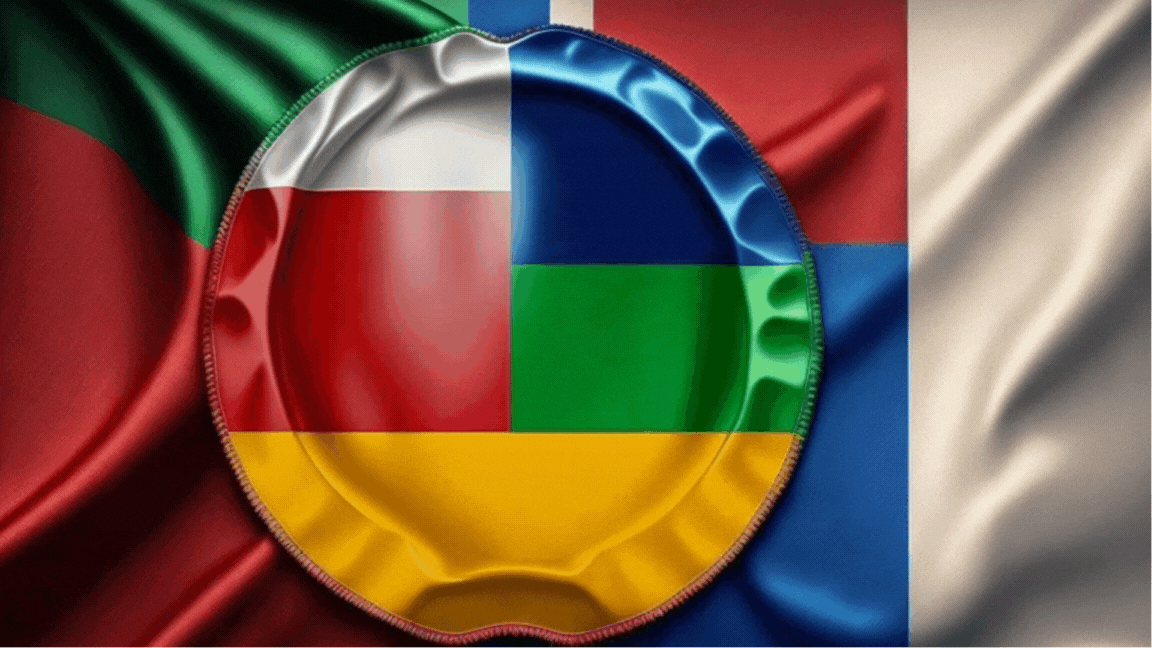The Latin American Report # 505

Beyond the denunciations of fraud by the presidential candidate Luisa González and her main supporter, the former president Rafael Correa, a refugee in Belgium, the leftist force gathered in the Citizen Revolution lost twice, in practice, the electoral battle against the incumbent and disputed president Daniel Noboa. Today, the latter has once again been crowned to reign in Carondelet, while the correísta party has been fragmented between those who continued to protest against the result and those who accepted the defeat. It is clear to me that the popular rooting of the Citizen Revolution does not resemble that of the past decade, because it has not transcended much in terms of angry demonstrations of people demanding a recount and transparency. Whatever the reasons, for three consecutive electoral contests, representatives from Ecuador's millionaire sectors, banker Guillermo Lasso, who declared the cross death and returned home to avoid corruption investigations, and Noboa, born in Florida and heir to a banana-powered empire, have been elected president.
Noboa declared war against organized crime last year, but I believe that the enormous military-police deployment is not commensurate with the gains so far, even taking into account the time variable. Violent death, for example, has continued to chew up coastal enclaves such as Guayas or El Oro, yet even execrable events such as the one of the children who were murdered and burned in Guayaquil, or, in another order, his despotic attitude towards Vice President Veronica Abad, which involved an authoritarian interpretation of the law, generated big problems for him. The economy of Ecuadorians today is in no way better than it was a year and a half ago—very much marked by high levels of unemployment and informality, although here it is clearer that changes in trends are less feasible to achieve even in the medium term. Nevertheless, there has not been any policy directly oriented to this front with great possibilities of generating the change that ordinary people need.
Part of this economic problem stems from the financial bleeding generated by corruption, which Noboa also promised to tackle during the next four years. “We are at the doorstep of four years of progress,” Noboa said in Quito before an audience that included Colombian President Gustavo Petro—a jab at Correa—, embattled Peruvian President Dina Boluarte, and U.S. Health Secretary Robert Kennedy. Noboa will govern with a fragile majority in the unicameral Congress, built on somewhat risky alliances. “Just one lost vote from his allies could paralyze his plans,” one academic told the U.S. news agency AP. “Someday, when we look back, we will remember that here, in this place, on this day, a new era began, an era in which we chose unity over division, work over excuse, light over shadow, and hope over fear,” said Assembly Speaker, ruling Congressman Neils Olsen. We shall see.
<center>
Ecuador's Noboa vows to reduce murders, boost economy at inauguration https://t.co/Amcy7WQnOo https://t.co/Amcy7WQnOo
— Reuters World (@ReutersWorld) May 24, 2025